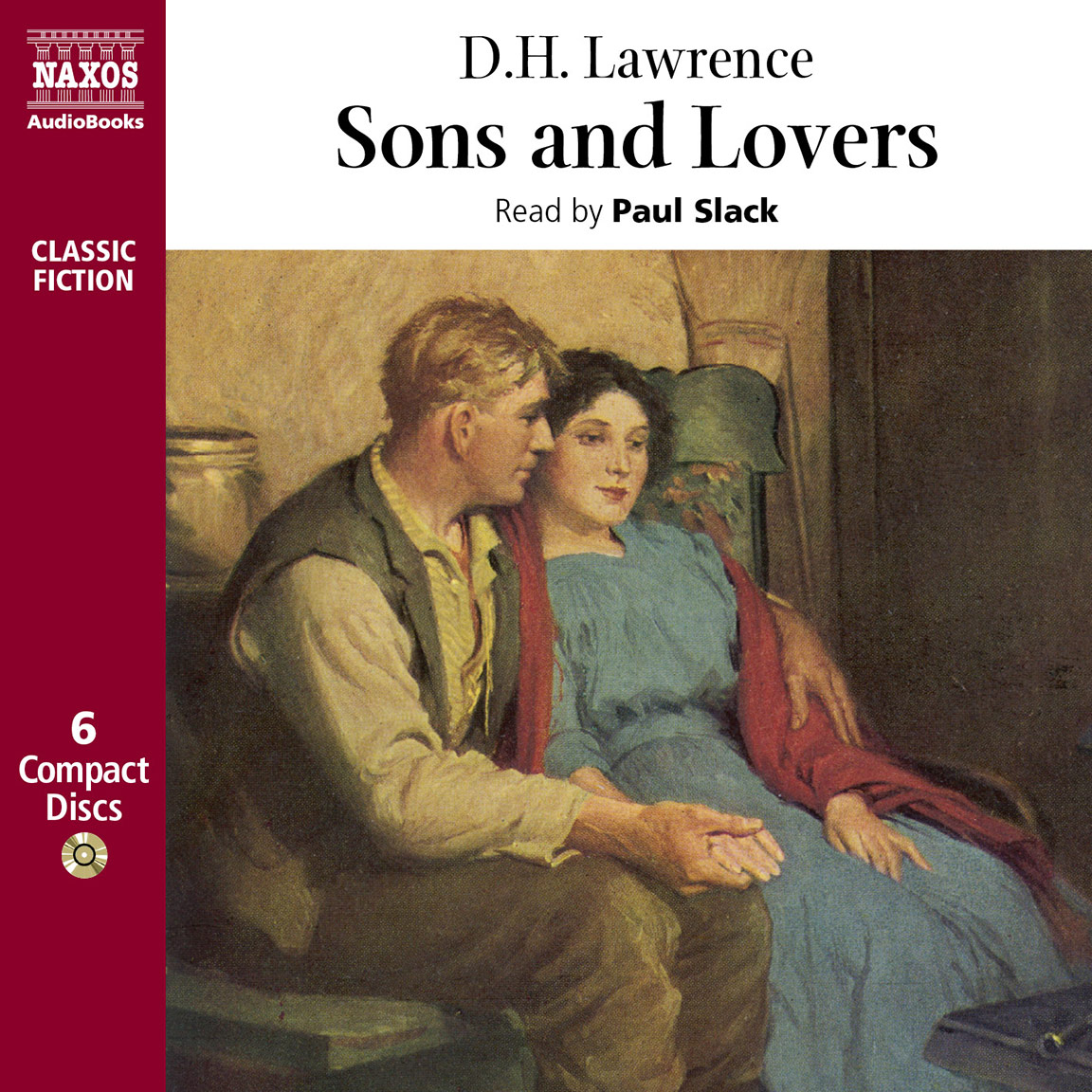
Morel is jealous and tries to break up the relationship. Paul, however, is a growing man and is interested in Miriam Leiver (based on Lawrence’s first sweetheart, Jessie Chambers), a sensitive girl. Sadly, William dies of pneumonia and she becomes closer to Paul (modeled on Lawrence himself), particularly when he too becomes ill. She is determined that her boys won’t be miners and manages to get them enough education for them to become clerks. Morel spends much more of her time with her four children, particularly her two oldest boys, William and Paul. He is a drunk and lacks all refinement and she is turned off by his behaviour. She is educated and sensitive and he is not. Walter Morel and his wife are clearly modeled on Lawrence’s parents (though Lawrence later said he had been too harsh on his father). Lawrence’s first major novel is an autobiographical novel set in Bestwood, the very thinly disguised Eastwood, Lawrence’s home town. Lacan's term phallus symbolizes the privileges, power and authority entitled by the male in a patriarchal society.Home » England » D. Both Mitchell and Rose focus on Lacanian re-reading of Freud where penis envy is referred not to the male sex organ, but to its symbolic and cultural meaning: the authority and power associated with the masculine. In Sexuality in the Field of Vision, Rose emphasizes the unstable nature of gender identity and argues that femininity is neither simply achieved nor is ever complete. Mitchell and Rose argue that psychoanalysis offers feminism a theory of gendered subjectivity: a concept of the subject's resistance to rigid gender identities. It follows therefore that gendered subjectivity is constituted through castration with the phallus as the transcendental signifier, enabling the division. They argue that subjectivity is assigned to a child at the moment of symbolic castration, the division between the Self and the other. Feminist exploration of Lacanian psychoanalysis began with Feminine Sexuality co-edited by Juliette Mitchell and Jacqueline Rose. A combination of feminism and psychoanalysis is explored in Jacqueline Rose's work The Haunting of Sylvia Plath.


They argue that these female writers identified themselves with the characters they detest. By social castration, they mean lack of social power for women.

Gilbert and Susan Gubar who locate the concept of social castration in the novels of nineteenth century women writers. The feminist critique of Freud is continued in The Madwoman in the Attic: the Woman Writer and the Nineteenth-Century Literary Imagination by Sandra M. The relation between feminism and psychoanalysis began with Kate Millett's Sexual Politics which critiques Freud for his conviction in the inequality of sexes, his practice of sexualizing human relationships and his style of explaining aberrations in terms of complexes and envies.


 0 kommentar(er)
0 kommentar(er)
